A history of delayed elections in Pakistan, with context
4 min readThe seemingly simple rule that a dissolved assembly needs to be re-elected soon has been turned into a complex legal question in Pakistan. And the question is making lawyers out of everyone.
What is the history of delayed elections in Pakistan?
In a recent TV appearance, Law Minister Azam Nazeer Tarar gave two examples of elections delayed beyond the 90-day limit: 1988 and 2008. These two elections have much in common beyond the fact that they were delayed and that the Pakistan People’s Party won both of them.
Here are two important things about those elections: one that the government gets right and wants you to remember and the other they would want you to forget.
What they they get right and why it matters
In the 1988 case, the National Assembly was dissolved on May 29 but the provincial assemblies were not dissolved at the same time. As Mr Tarar put it, the president at the time suddenly remembered we had provincial assemblies only after he had dissolved the national one already.
Still, they were all dissolved in the month of May. But elections that should have been held at the most by August (according to the 90-day rule) would be held in November—a gap of almost 170 days.
In the 2008 case: The NWFP assembly was dissolved on October 10, 2007 and the other assemblies went a month later in November. General elections took place over four months down the line, on February 18, 2008.
In fact, the 2008 elections that were originally set for January 8 were put off by six weeks to February 18 because of the extraordinary security situation and political uncertainty that had arisen from Benazir Bhutto’s assassination.
The government believes that this makes it clear that elections to all five assemblies in Pakistan have always happened simultaneously. Never has any assembly gone to the polls before the others are ready to do so.
Precedents matter when deciding legal questions. The government is trying to maintain that it is no big deal if elections are a little late this time around because that is what happened before.
And it also wants to tell you that it would absolutely, unprecedented-ly be a huge deal, if one province’s assembly went to the polls before the others.
What they get wrong and don’t want you to know
The facts and dates the law minister gave are all accurate and we should all admit that yes, elections have been delayed beyond 90 days in Pakistan before. But let’s add two names to these examples that will probably change how you view these examples: General Zia ul Haq and General Pervez Musharraf.
The assembly that was dissolved in 1988 was sent home on General Zia’s orders. He was also the one who remembered a little late in the day that the assembly at the Center was gone while the ones in the provinces still remained.
And, Gen Zia was the one who decided that the difference in the assembly’s dissolution dates did not matter and the 90-day rule did not matter—elections should be held everywhere at once like a nice proper country.
Yes, martial law had been lifted. Yes, assemblies had been elected, albeit on a non-party basis. But the man wore a uniform, added ‘General’ to his name and also sat in the President’s chair. Perhaps not the best precedent to follow.
The second time elections were delayed in Pakistan’s history was when Pervez Musharraf was President. By the time elections were held, with the six-week delay, he no longer wore a uniform, the ‘General’ in his name had an (r) for retired next to it and he had been sworn in by an elected (don’t ask how) parliament.
The decision that the NWFP assembly’s dissolution had come early did not matter, the president in plainclothes with an (r) in his name decided that all assemblies would be elected simultaneously. He even announced the date himself.
This is why the examples of delayed elections in Pakistan must always be understood in their context. It has always happened when democracy was being normalised in the country after a military dictator’s rule.
Perhaps, like all other remnants of dictatorship in Pakistan, the example of elections being held beyond the 90-day limit is something worth abandoning not keeping.
For the latest news, follow us on Twitter @Aaj_Urdu. We are also on Facebook, Instagram and YouTube.




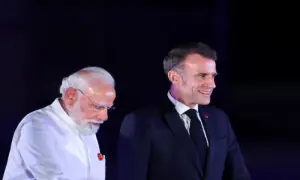







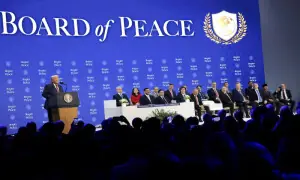
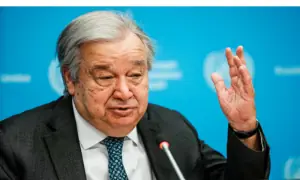

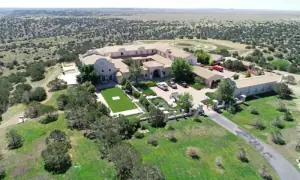


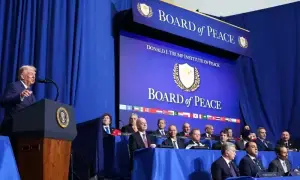
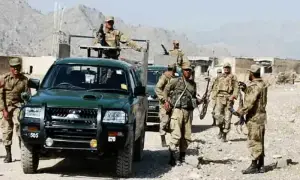


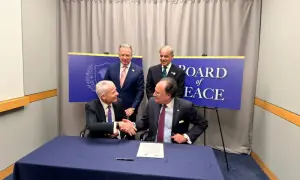
Comments are closed on this story.